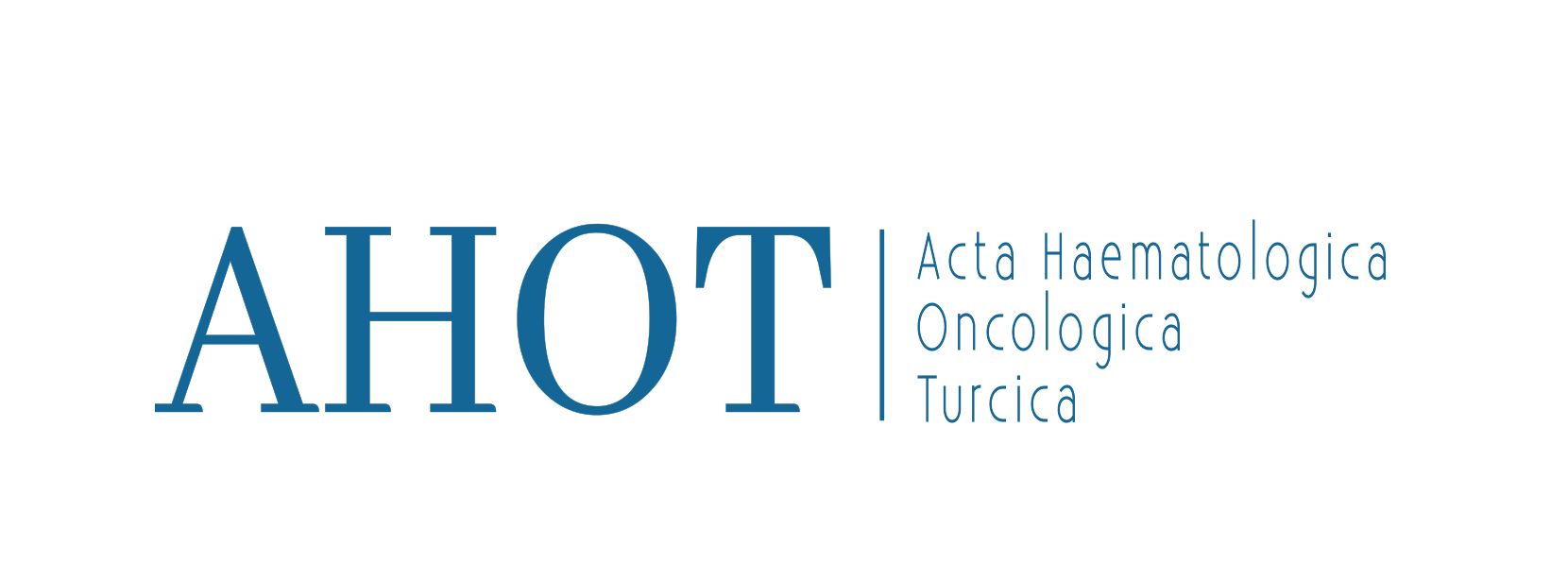Abstract
INTRODUCTION
Early detection of colorectal cancer (CRC) reduces mortality and morbidity, and reduces treatment costs. It is possible to detect precancerous lesion or early stage tumor with screening programs. In this study, the efficacy of the screening program was evaluated by examining colonoscopy findings and clinicopathological data of the patients who were taken to CRC screening program by Rize province Cancer Early Diagnosis Screening and Training Center and who were referred to our clinic with positive fecal occult blood test (FOBT) result.
METHODS
A total of 144 patients with positive FOBT (Wondfo One Step Fecal Occult Blood Test, Biotech Co.Ltd., Guangzhou, China) results were included in the study. Data were retrospectively reviewed from patient files. Demographic data of age and gender, endoscopic findings, anal physical examination findings, histopathological results, FOBT positivity rate, polyp + cancer detection rate and cancer detection rates were evaluated.
RESULTS
In this study, 74 of the patients (51.4%) were male and 70 (48.6%) were female and the mean age was 60.1 (min 50-max 70). In 109 patients (75.7%) colonoscopic findings were normal. Hemorrhoid / anal fissure was the cause of FOBT positivity in 31 patients (21.5 %). Colonoscopy positive patients were as follows; polyp in 21 patients (14.6 %), colonic diverticulum in 7 patients (4.9 %), nonspecific inflammation in 5 patients (3.5 %) and macroscopic tumor in 2 patients (1.4 %). FOBT positivity rate was 1.2 % (n: 144), polyp + cancer detection rate was 0.19% (n: 23) and cancer detection rate was 0.017% (n: 2).
DISCUSSION AND CONCLUSION
Immunochemical tests are the preferred choice for CRC in modern screening program. In our study; the rates of participants, test positivity and malignancy were found to be quite low. Promoting and encouraging public awareness of the need for FOBT and the correct implementation of FOBTs will contribute to the success of screening programs.



